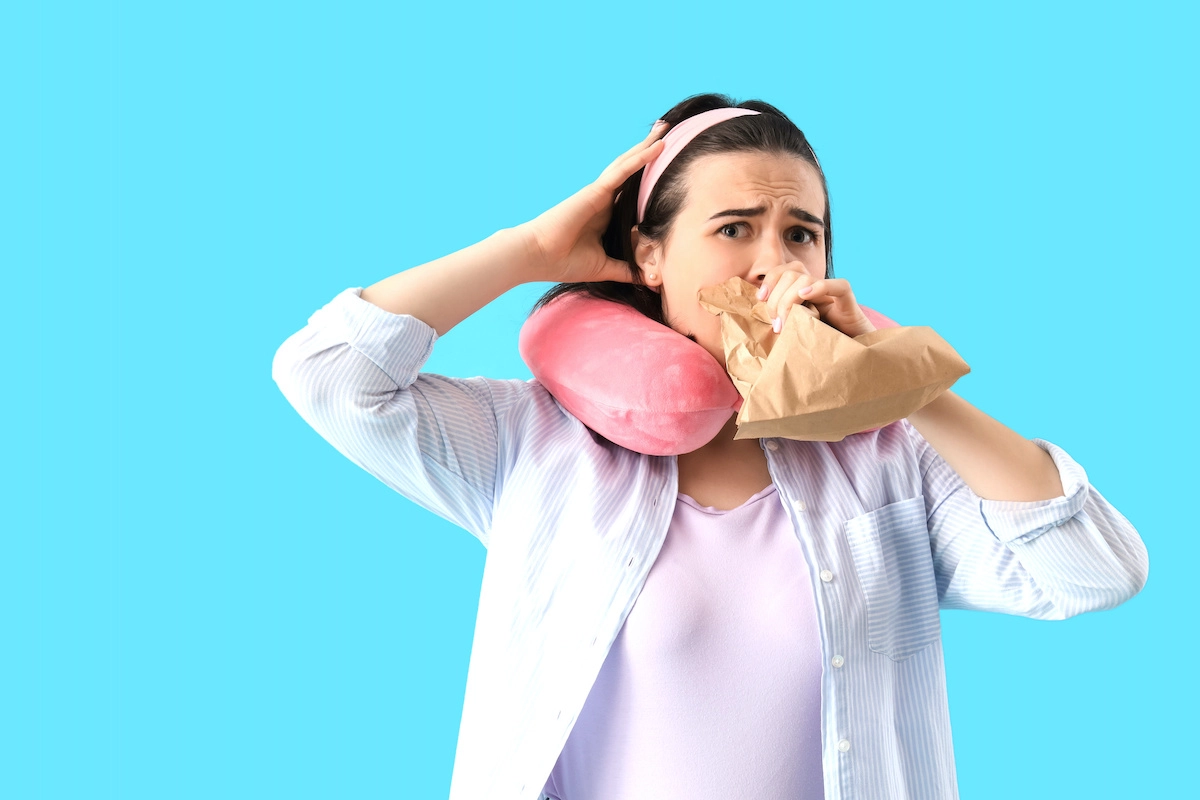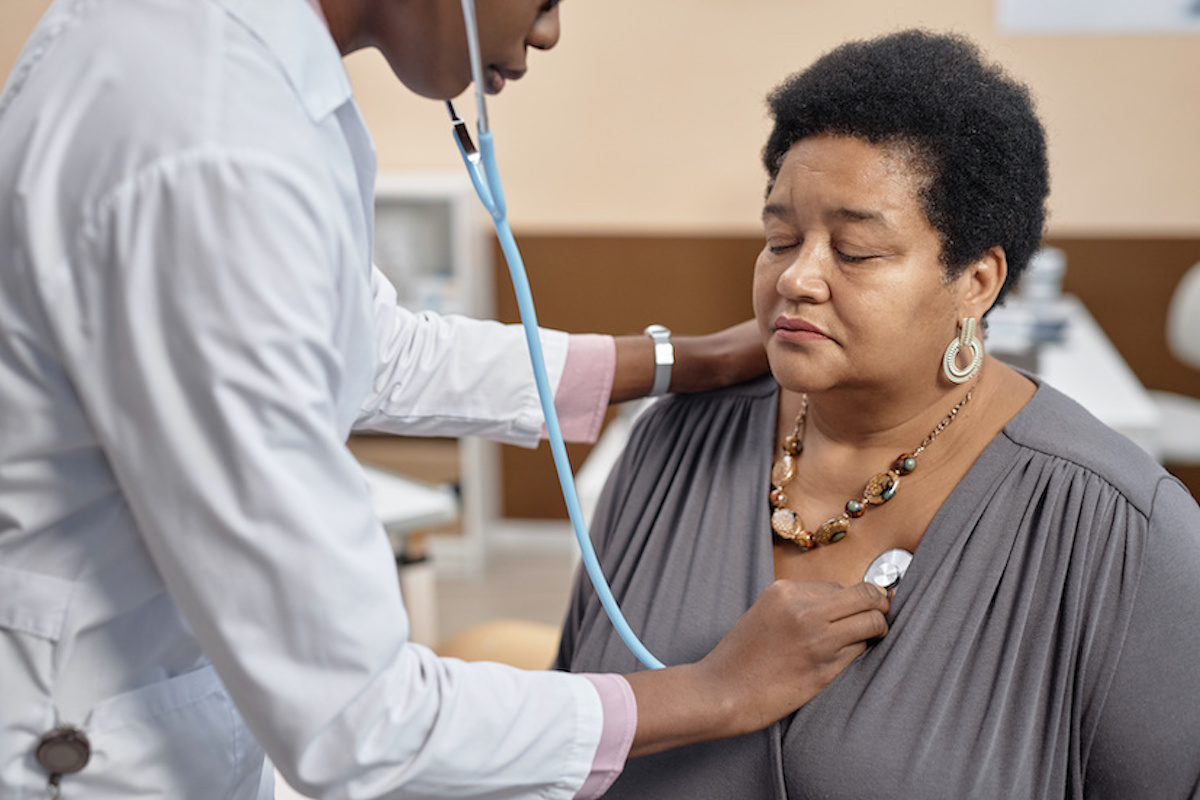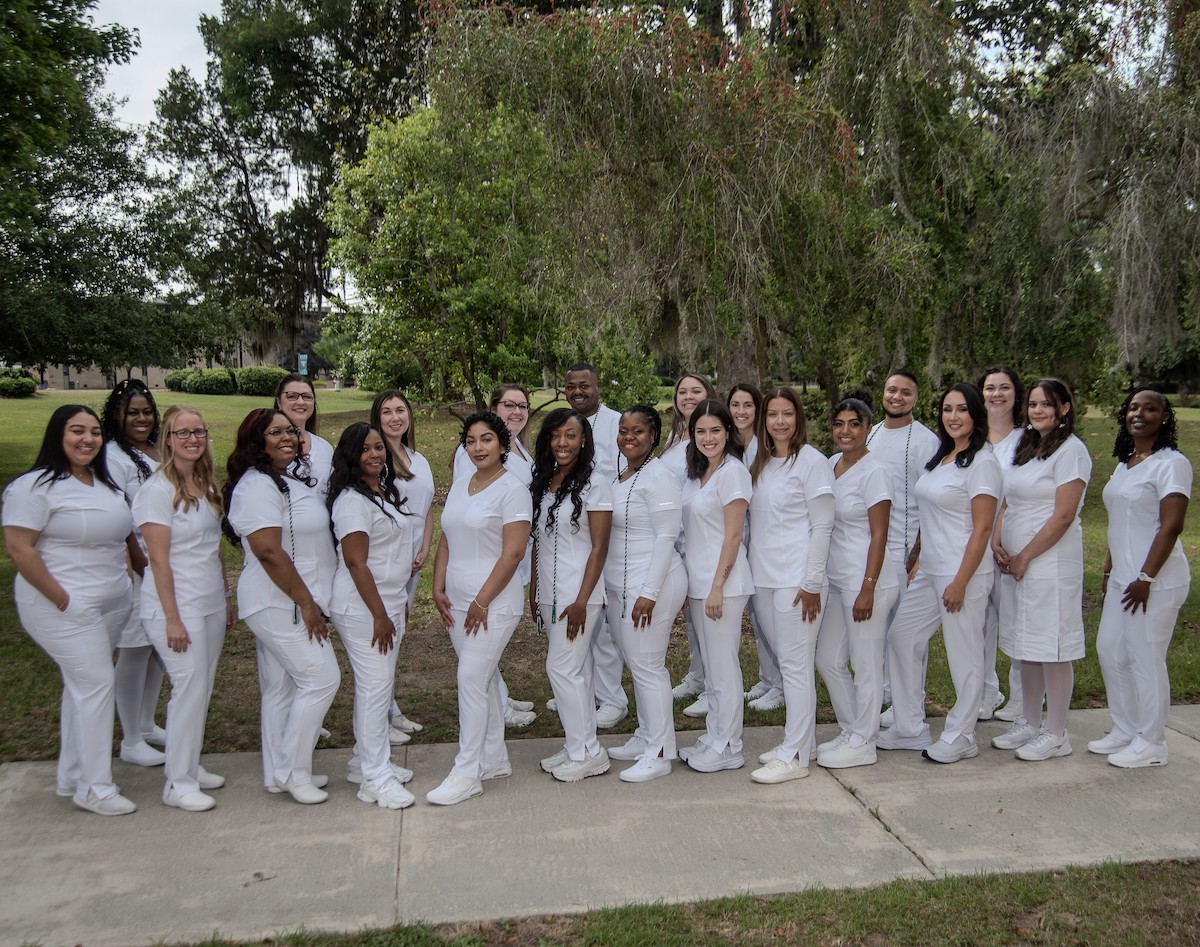
Create a checklist, reflect on your needs, and ask for help when unexpected delays occur
You’ve been planning for this big trip for months now. But in the hours before you’re supposed to leave, you’re starting to feel really nervous. You keep checking your boarding pass and pining over every little detail, worried you might have missed an important step. You’re double-checking the locks on your front door and keep rethinking whether or not you left something behind.
Maybe your hands are getting a little clammy and your heart rate starts to spike whenever you reach a new destination. And you continue to get nervous whenever you’re around a bunch of people in a crowded airport terminal or bus station.
If travel is causing you to worry more than normal and it’s preventing you from enjoying your trip, you might be dealing with travel-induced anxiety. Clinical psychologist Dawn Potter, PsyD, shares ways to ground yourself in the moment and seize control before your anxiety gets out of hand.
What is travel anxiety?
“Travel anxiety is not really one unified concept,” says Dr. Potter. “Travel anxiety could be a bunch of different things for different people.”
For some, anxiety can be crippling and debilitating. Others might have high-functioning anxiety and respond in different ways, but the key to understanding anxiety is knowing it can be triggered by a variety of factors at any given time.
“Some people might experience a diffuse sense of anxiety and they might not really know right away why they’re feeling the way they’re feeling,” says Dr. Potter. “In those instances, you might have to do some relaxation techniques, try to get yourself feeling better, distract yourself, and then it might be clearer to target exactly what’s bothering you.”
Is it normal to have anxiety before a trip? Yes, it’s OK to feel a little uneasy when you’re outside of your comfort zone. Anxiety, adrenaline, and an increase in energy drives us to perform better and, in most cases, focus more. But there’s a stark difference between having a healthy sense of urgency or worry, and dealing with anxiety while you’re on the move.
“Some amount of adrenaline and excitedness is fine and good, but when it crosses the line into clinical anxiety, we want to try to do something about it,” notes Dr. Potter.
If you think you might be dealing with travel-induced anxiety, sit down, take a deep breath, and ask yourself the following questions:
- Are you starting to feel panicky?
- Are you experiencing physical symptoms like shaking hands, shortness of breath, a fast heart rate or dizziness?
- Are you having trouble focusing on the tasks at hand?
- Are you having a hard time doing normal, everyday activities because they’re being interrupted by your worries?
- Are you easily distracted?
- Are you feeling increasingly irritable, sick to your stomach, or quick to anger?
If you’re experiencing any of these symptoms, and you’re unable to recover from them or they’re preventing you from enjoying your vacation, you may be dealing with anxiety.
Causes of travel anxiety
Here are some common causes that might set off your anxiety while you’re traveling, and ways to help manage each scenario.
Uncertainty and anticipation. The most common denominator with travel anxiety is the fear of the unknown. If you’re traveling to a destination you’ve never been to before, your anxiety might be triggered by not knowing how you’ll be received when you arrive, not knowing what you can and can’t do in terms of activities, and not knowing if you’ll arrive safely.
Even if you’re going somewhere familiar, like visiting family or returning home after a long time away, you might feel anxious about exactly how the trip might go.
To combat that uncertainty, it’s good to go into your vacation with a minimal plan: What are the most important things you want to see, do, and experience?
“You want your plan to be flexible but detailed enough that you’re not stressed about not knowing what to do,” advises Dr. Potter. “Try not fitting too much into any one day and let yourself move things around if you need to.”
Unexpected delays or canceled plans. Things outside of our control happen all the time, but when it happens while we’re traveling, it can feel even more stressful. When unexpected delays happen, flights get canceled or roads get closed, our first line of thinking can be a black-and-white perspective that makes us feel our trip might be ruined.
“With interrupted travel plans, often, it’s very scary at first because you usually find out about the interruption, but you don’t find out about the solutions right away,” says Dr. Potter. “The thing to do is try not to panic, try to slow down and take it step by step.”
If you’re flying, speak to a customer service agent who can help you re-route your flight. If you’re running late, notify the people you’re meeting up with so they’re aware of what’s happening and put firm, healthy boundaries in place.
Fear of flying
Airplane travel affects our bodies in a variety of ways, but if you have a phobia that impacts your ability to even think about getting on a plane, or you go into severe panic mode once in the aircraft, it might be out of the question for you.
If you’re consistently experiencing anxiety while flying and traveling, or you’ve tried some solutions and none of them worked, you should to speak to a healthcare professional who can provide coping techniques and other treatments to address your travel anxiety.
Source: Excerpted from an article at https://health.clevelandclinic.org/how-to-manage-travel-anxiety












